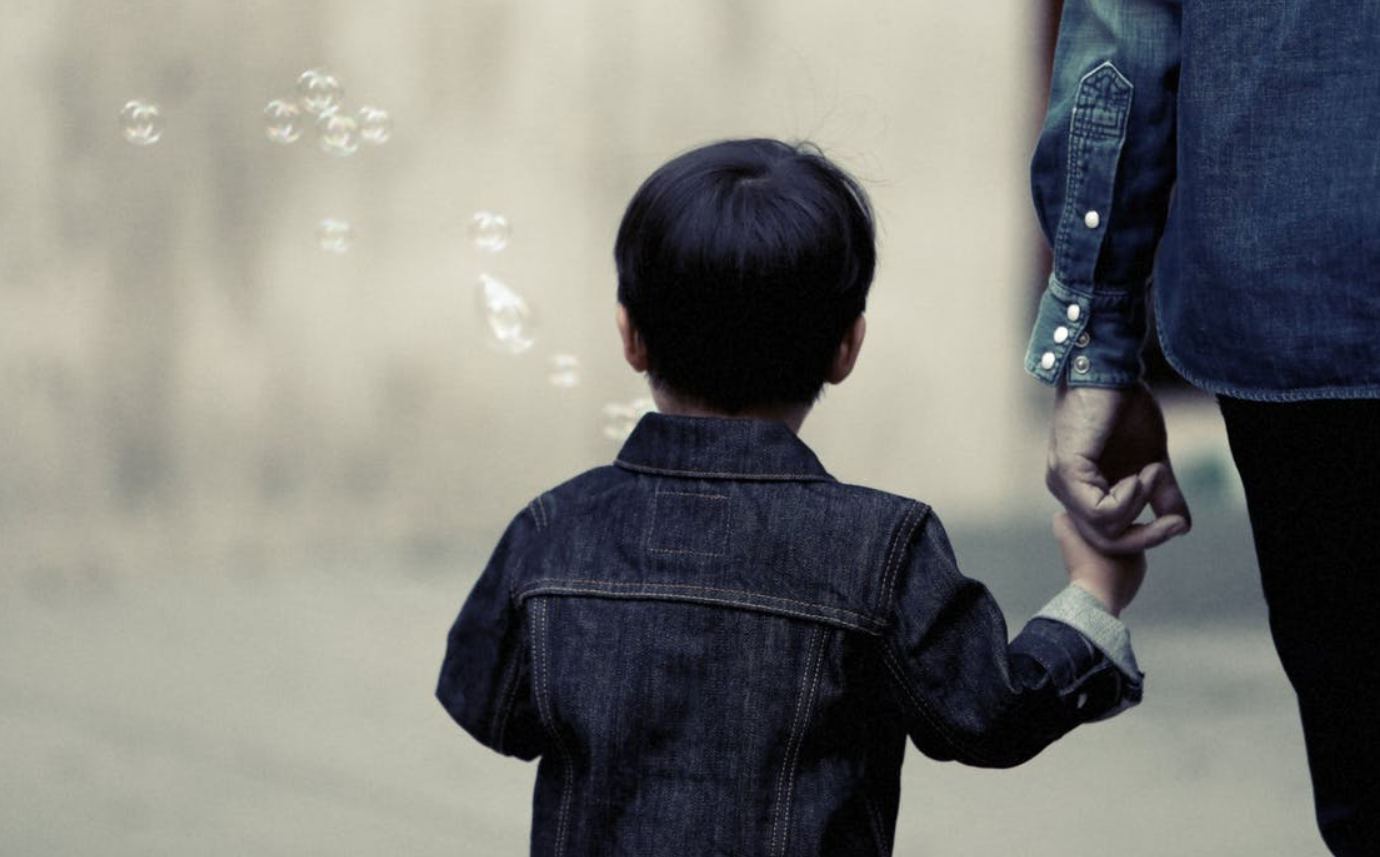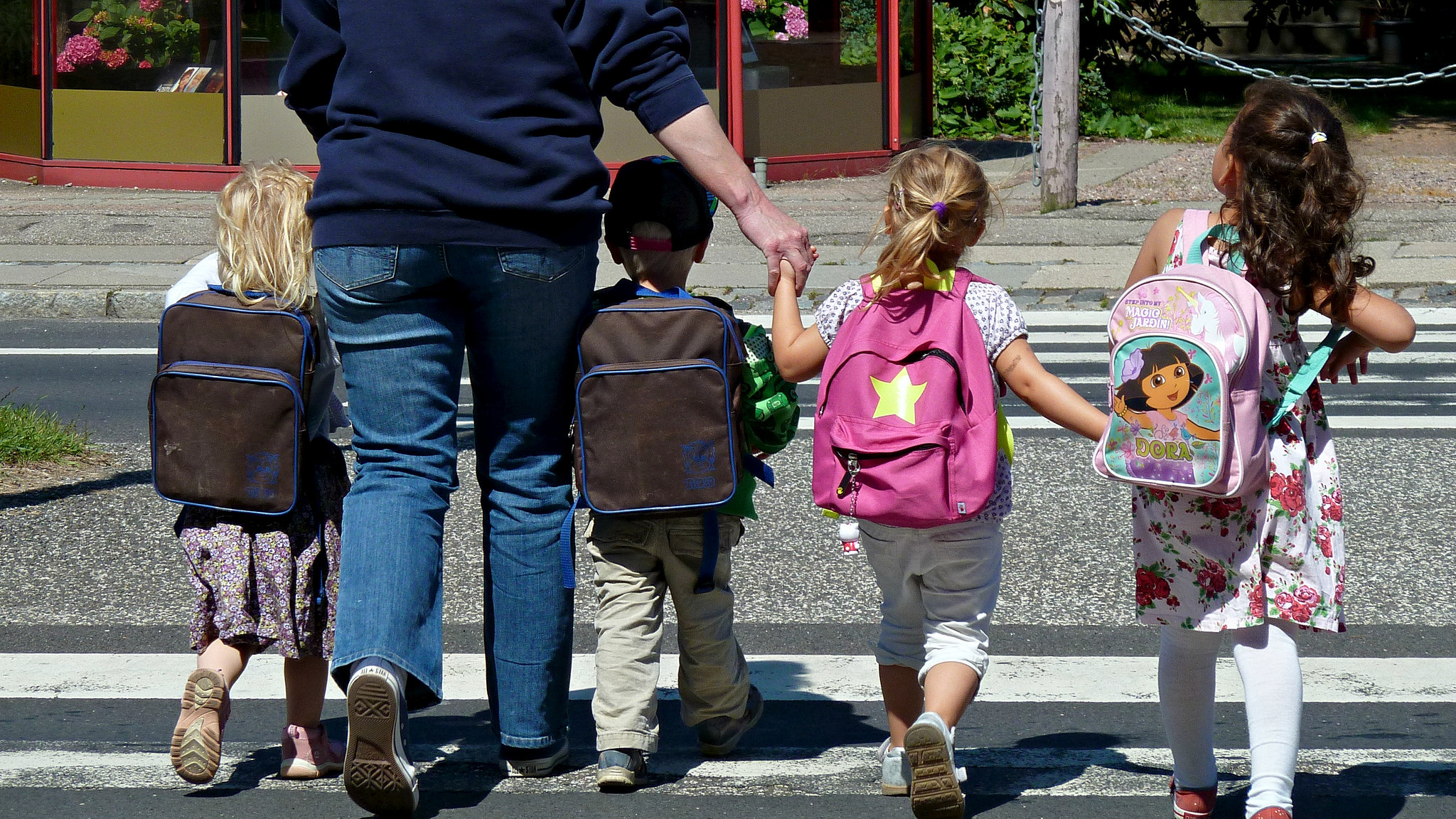A Parents Guide: Helping Kids Cope with Separation Anxiety in the School Setting
Back to school season can be a stressful time for parents and kids. But for students suffering from separation anxiety, it can especially tough. If you’re preparing to go back to school, helping kids cope with separation anxiety in the school setting is probably high on your list. We’ve consulted the experts for some tips that might make the prospect a little less daunting.
Here are a few signs your child might be suffering from separation anxiety

- Nightmares – Kids sometimes report having bad dreams about being separated from their parents.
- Unusual behavior – All kids are different, but frequent bed wetting or temper tantrums could be a sign of separation anxiety.
- Complaints – Specifically, repeated complaints of headaches or stomach aches ahead of planned separations could be trouble signs.
Of course, you should always take your child’s concerns seriously. But if you suspect their behavior might be masking something deeper, we’ve found some ways to address it.
Tips for helping kids cope with separation anxiety in the school setting
While you might notice some signs early, you might not realize it until the first day with a babysitter or in preschool. Whenever you find out your little one suffers from separation anxiety, there are a few steps you can take.
Start by actually listening to your child’s concerns.
This one might sound easy, but it requires a bit of restraint on your part. You probably want to immediately jump in to reassure them there is no reason to be afraid. But experts recommend stepping back and asking why he or she is so anxious. Real or imagined, these concerns are obviously affecting your child. Find out what they are worried about, then address that specific issue casually.
Instead of lecturing, be a sounding board. Give their concerns credence rather than dismissing them out of hand and give them space to open up. If you don’t immediately start trying to fix everything, there’s a better chance your child will be more forthcoming. When you’re shopping for back to school, helping kids cope with separation anxiety in the school setting might not be a priority. But addressing the issue as early and gently as possible helps you and your child reverse course before it becomes worse.
Make a plan your child can understand and execute.

Just like anything people are nervous about, it helps to plan and practice before the big day. And this can be an especially effective tactic for helping kids cope with separation anxiety in the school setting. Experts recommend talking to the school before the first day and getting permission to explore the new classroom. Walking the halls with your child can make back to school seem a little less scary. Fear of the unknown is probably behind much of his or her separation anxiety and this can help turn down the anxiety level. While you’re at the school, be sure to visit the common areas like the library, lunchroom, restrooms, and playground. If possible, see if your child’s teacher can sit down for an introduction.
Most schools are used to these concerns and yours might have some suggestions. It can be helpful to give your child a familiar person, either adult or child, to meet up with after you say goodbye. Any consistency and familiarity you can provide ahead of the first day of school will go a long way.
Encourage a smooth transition, but have a backup plan.
Helping kids cope with separation anxiety in the school setting takes some planning. But since every child is different, there is no surefire plan to address these concerns. And sometimes separation anxiety will persist even after the steps above. In these cases, children might refuse to go to school or continue to complain of maladies ahead of planned separations. As hard as it might be, sometimes it is best to walk away and trust school staff to take over. You’ll certainly hear about it if your child doesn’t recover, but chances are he or she will.
It will probably take just a matter of minutes before your child will get used to the new environment. Through it all, try to keep your cool. If you grow anxious through the process, your kid will pick up on it. Try to encourage excitement and express your own anticipation of hearing about his or her first day. Sometimes we want our kids to operate on our schedule and react how we think they should. But experts say parents are more effective in these situations as supporters, not enforcers.
Truth and Accuracy
We are committed to truth and accuracy in all of our journalism. Read our editorial standards.
Advertise with The Western Journal and reach millions of highly engaged readers, while supporting our work. Advertise Today.










